Most Affordable Electric Cars in 2025
They aren’t plentiful, but you can find new EVs priced below $40,000.

Many, or all, of the products featured on this page are from our advertising partners who compensate us when you take certain actions on our website or click to take an action on their website. However, this does not influence our evaluations. Our opinions are our own. Here is a list of our partners and here's how we make money.
If you think the cost of an electric vehicle is beyond your budget, you might be surprised to find that the most affordable electric cars include several entry-level EVs priced below $40,000.
Although many EV models do carry hefty price tags, growing EV demand — U.S. sales hit a record 1.3 million in 2024 — has led some car makers to announce lower-priced options are coming. In the meantime, here are the most affordable EV models for 2025, all with a manufacturer’s suggested retail price, or MSRP, of $40,000 or less.
The average transaction price for a new electric car in January 2025 was $55,544, according to automotive pricing company Kelley Blue Book. But some makes and models qualify for a federal EV tax credit up to $7,500, which can lower the price. You can also check the Energy Department's Alternative Fuels Data Center for other incentives, such as state or electric company rebates.
» MORE: Learn the basics of buying an EV
Affordable electric cars and SUVs under $40,000
2025 Nissan Leaf
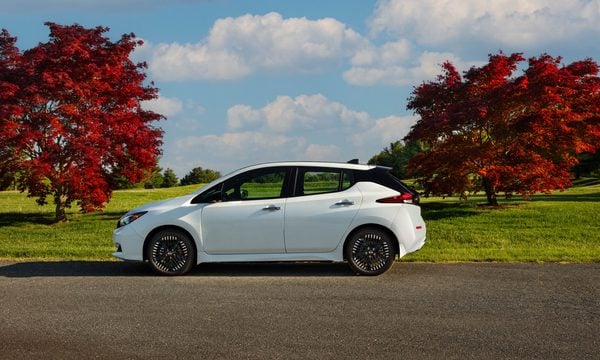
Image courtesy of Nissan
MSRP: $28,140.
EPA-estimated range: 212 miles.
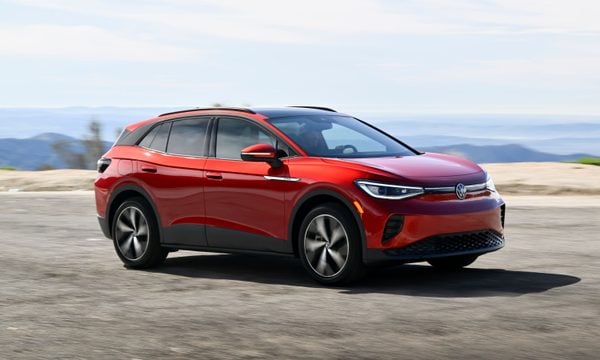
Image courtesy of Volkswagen
MSRP: $39,735.
EPA-estimated range: 291 miles.
2025 model not yet available.
2025 Chevrolet Equinox EV LT
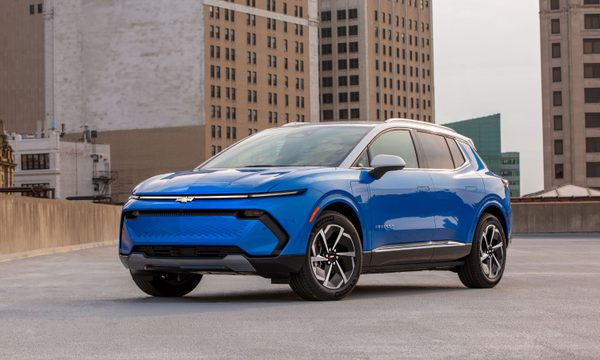
Image courtesy of Chevrolet
MSRP: $33,600.
EPA-estimated range: 319 miles.
Explore the auto-buying platforms from our partners below.
AD
2025 Fiat 500e
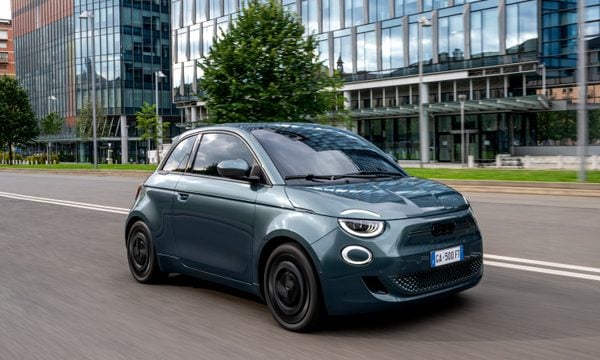
Image courtesy of Stellantis
Expected MSRP: $38,000.
EPA-estimated range: 149 miles.
New model year expected in the first quarter of 2025.
2025 Hyundai Kona Electric
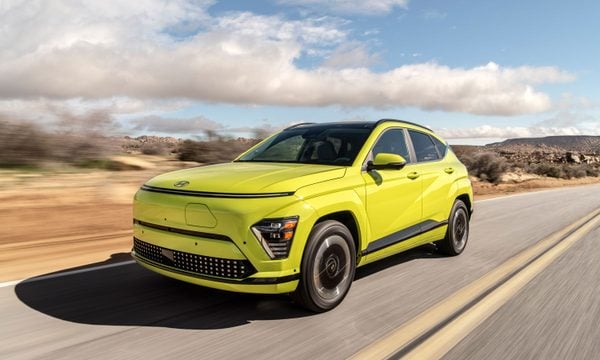
Image courtesy of Hyundai
MSRP: $32,875.
EPA-estimated range: 261 miles.
2025 Hyundai Ioniq 6
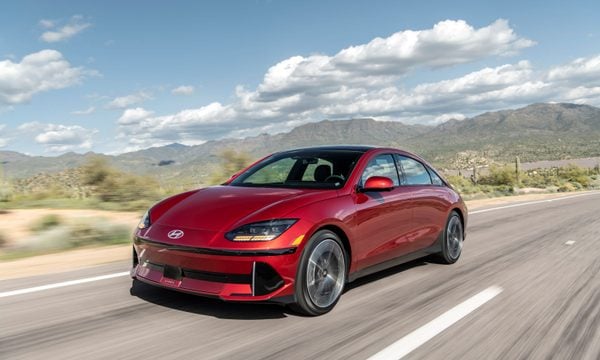
Image courtesy of Hyundai
MSRP: $37,750.
EPA-estimated range: 342 miles.
The MSRPs shown are for base models, and your actual price is likely to vary. If you buy a higher trim level with more features, your cost will increase. Also, fees such as the cost of delivering a vehicle to the dealership, can increase your final price, as can dealer markups.
Buying a used EV may be another approach to finding the most affordable electric car. In late 2024, data company Cox Automotive said the average used EV price was slightly under $40,000. Whether you intend to buy a new or used EV, online pricing guides such as Kelley Blue Book, J.D. Power or Edmunds can help to ensure you don’t overpay.












